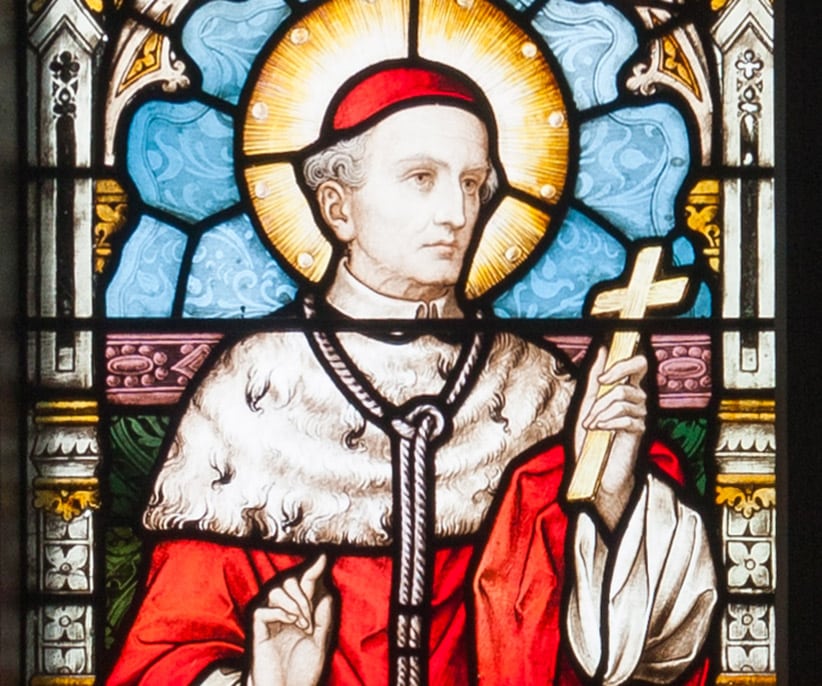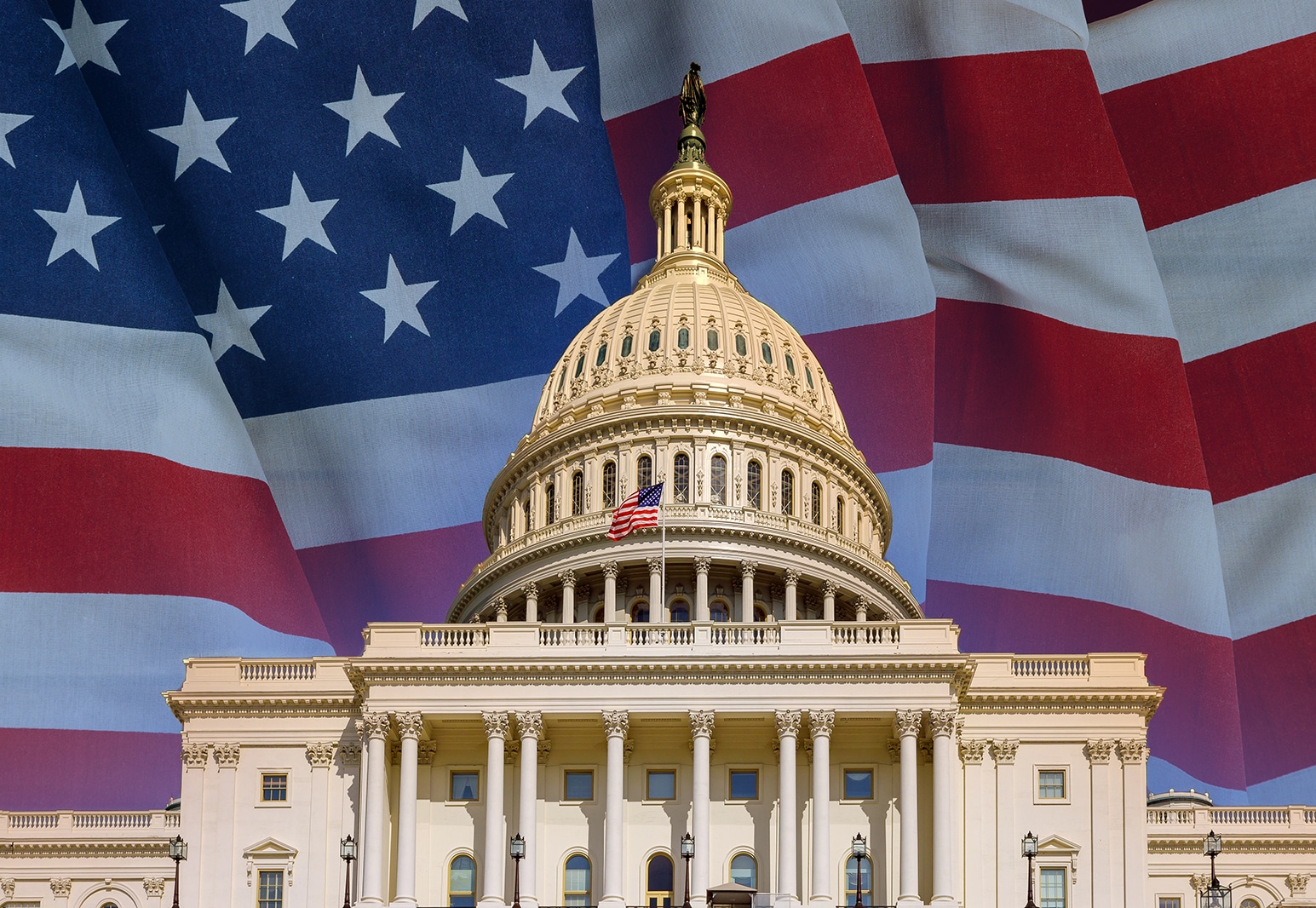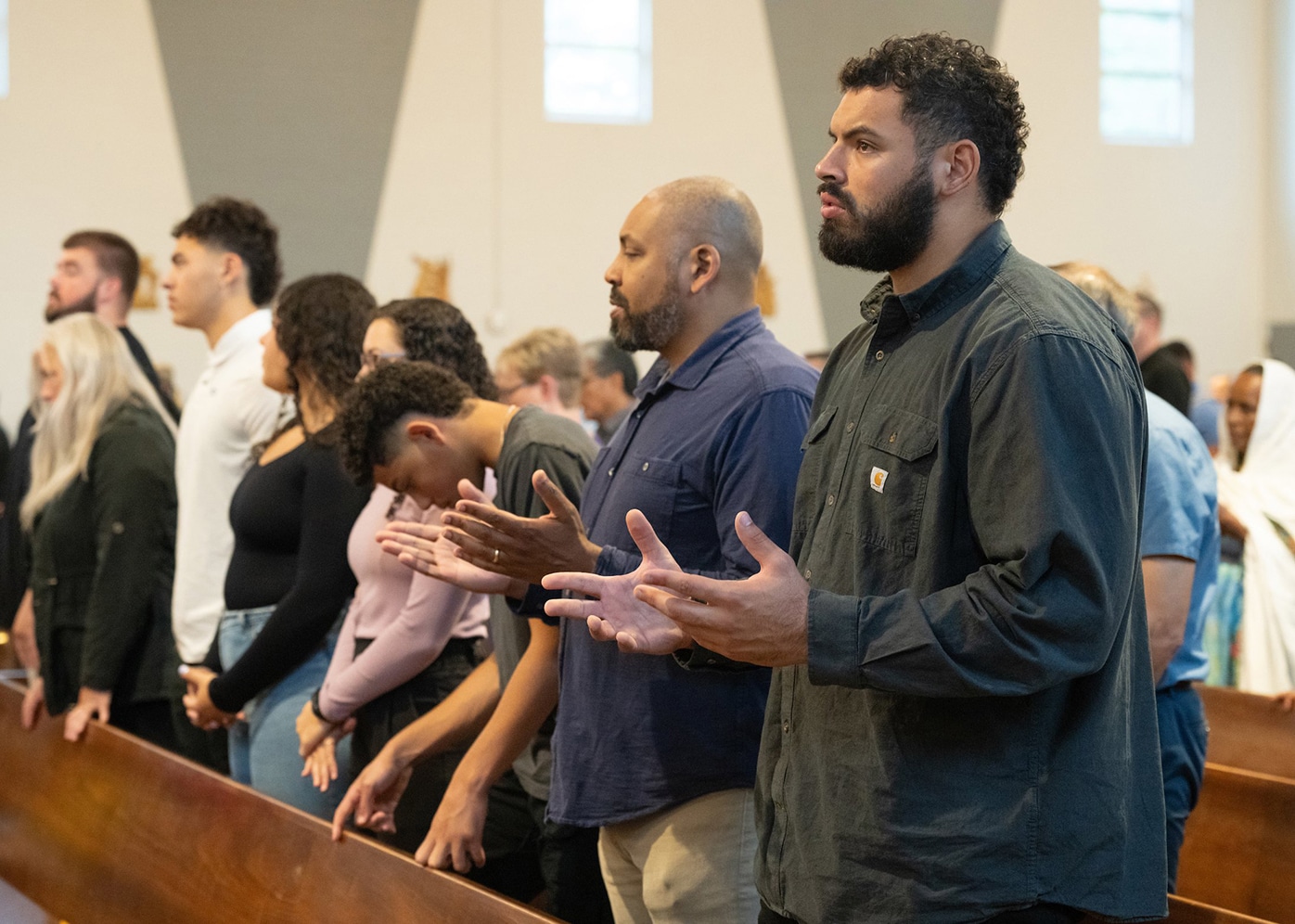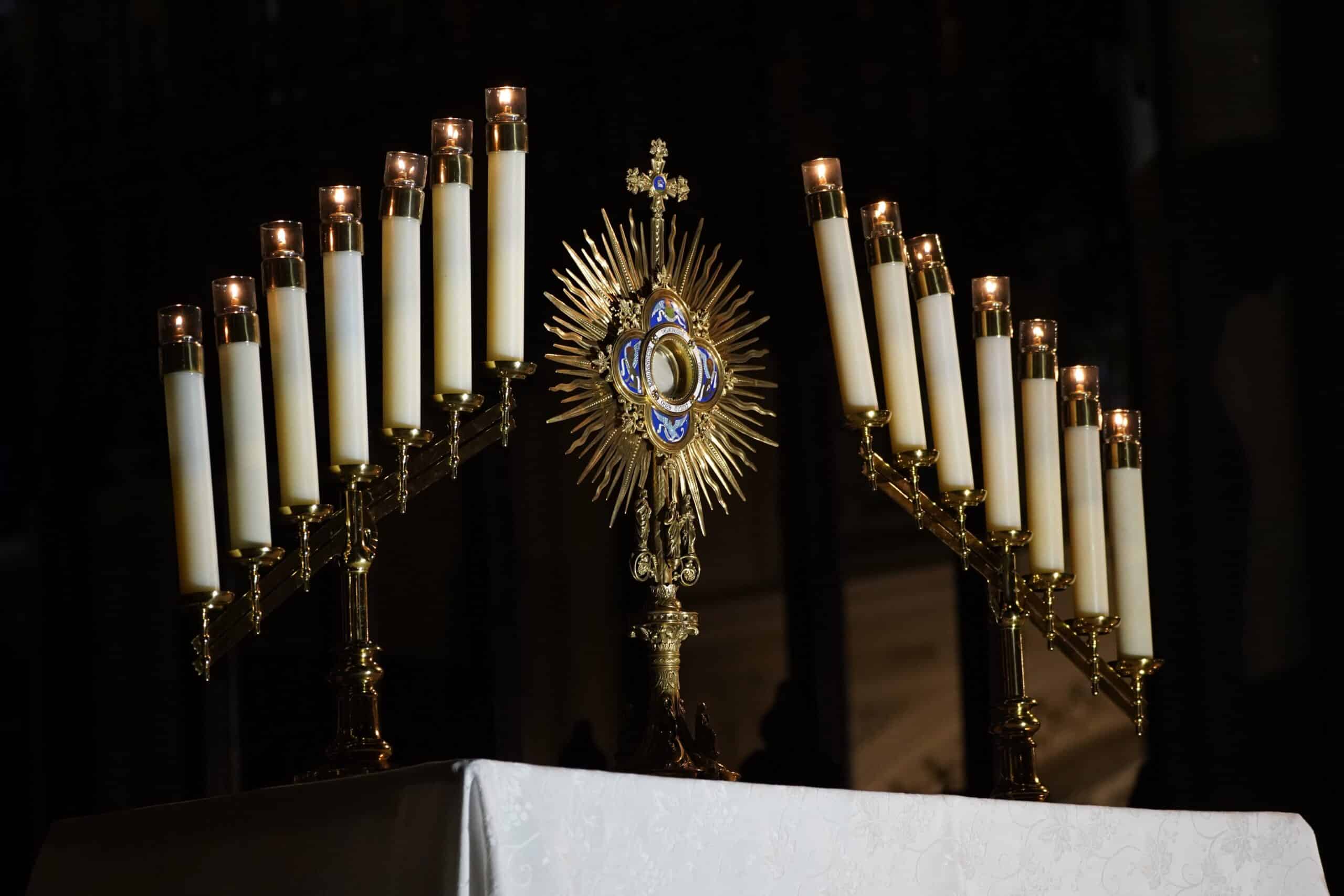On Oct. 15, 1565, St. Charles Borromeo addressed an assembly of the bishops of the dioceses under his jurisdiction. The purpose was a solemn one. The Council of Trent had mandated such meetings of bishops to prompt the implementation of the council’s reforms. Much was at stake.
St. Charles told the bishops gathered that their first purpose had to be to carry out God’s work. “This is indeed the task: to seek the things which are of God, not our own,” declared the saintly bishop of Milan.
Advice from a saint
While some parts of the address are bound in time to the concerns of Trent, other aspects of the saint’s address could just as easily be shared today in the roundtable discussions of the Synod on Synodality.
Always remember “that we are fathers, not lords,” St. Charles told the assembled bishops. A shocking survey released last year in the United States revealed, “While 70% of bishops reported seeing themselves as a father to their priests, only 28% of priests report they consider their bishop a father.” I don’t think this is a problem affecting only the Church in the United States. Nor do I think it only affects priests. I think Catholics worldwide want to know their bishops first as fathers. Were I a member of the synod, I’d be raising that.
For St. Charles, the restoration of ecclesiastical discipline was to begin first with bishops: “It will be necessary to bear in mind that just as in designing and establishing the order of the Church, Christ the Lord began with the Apostles themselves … so we too, in the reform and restoration of discipline, should begin with ourselves, the pastors who must hand on to others the right example and precepts of living.”
Now that’s a tall order. It’s easy to suggest to someone else, “go be a saint.” But the words are powerful precisely because they came from a saint! St. Charles wasn’t calling anyone to anything he didn’t pursue himself.
What fatherhood should look like
So what does the fatherhood that St. Charles proposed look like?
It begins with charity. St. Charles was known for his compassion and generosity toward the poor and those in need. During the plague and famine of 1576, St. Charles worked to feed more than 60,000 people daily. He spent his entire fortune helping anyone in need and his impact was so significant that in Italian history the event is called “the Plague of St. Charles.”
It is nurtured by humility. St. Charles’ episcopal motto was Humilitas, that is, “humility.” St. Augustine of Hippo once wrote, “If you were to ask me, however often you might repeat the question, what are the instructions of the Christian religion, I would be disposed to answer always and only, Humility.”
Finally, for St. Charles, being a father finds full flourishing in serving the Church with zeal. “This is entreated of us by Christ Jesus, that he may note how we carry out our office on behalf of his sheep, which, redeemed by the price of his blood, he commended to our faith and prudence.”
Accepting and implementing what the Council of Trent taught was critical. St. Charles knew that the Church had spoken in the council regardless of what any particular bishop thought or wanted. Fidelity to that teaching alone, rather than to an agenda, would build up unity in the Church.
Charity, humility and fidelity to the Church were the keys to Tridentine reform. And they are the keys to synodal efforts today. Without them, ideologies and projects will flourish more than the Gospel. The sheep will suffer. And to that, I say, as St. Charles concluded, “God forbid that we allow them to be destroyed or scattered on account of our faults or negligence.”







